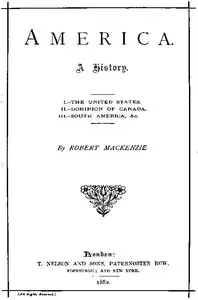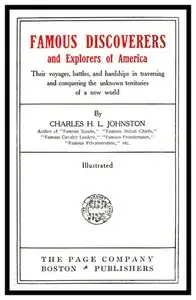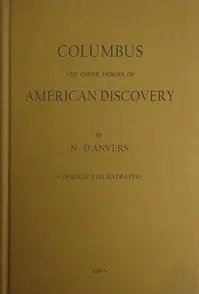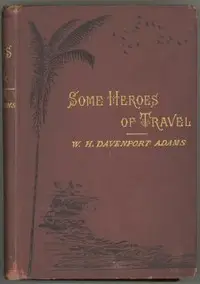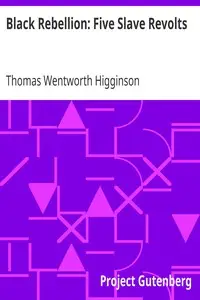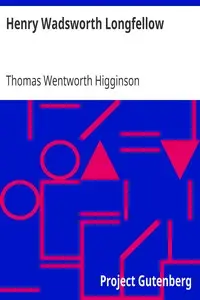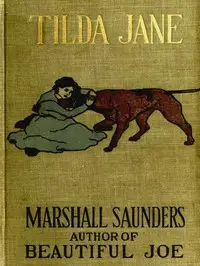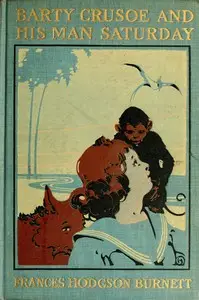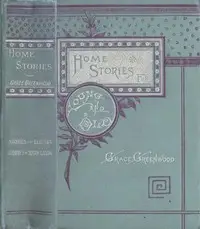"A Book of American Explorers" by Thomas Wentworth Higginson recounts the thrilling stories of those who first charted the American continent. Higginson presents firsthand tales of daring voyages and groundbreaking discoveries by explorers from many different nations. These include Norseman, Spaniards and Italians. Higginson seeks to capture the spirit of adventure and historical significance inherent in these original accounts, opening with the legends of the Northmen, and the story of Leif the Lucky, whose travels led him to America. By preserving the original language and charm of these stories, the book provides a window into a pivotal era of courage, curiosity, and the pursuit of the unknown, promising an exciting expedition through history.
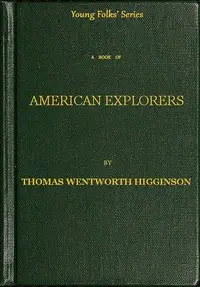
A Book of American Explorers
By Thomas Wentworth Higginson
Brave adventurers from distant lands embark on perilous journeys to uncover a new world, facing the unknown with grit and determination.
Summary
About the AuthorThomas Wentworth Higginson, who went by the name Wentworth, was an American Unitarian minister, author, abolitionist, politician, and soldier. He was active in abolitionism in the United States during the 1840s and 1850s, identifying himself with disunion and militant abolitionism. He was a member of the Secret Six who supported John Brown. During the Civil War, he served as colonel of the 1st South Carolina Volunteers, the first federally authorized black regiment, from 1862 to 1864. Following the war, he wrote about his experiences with African-American soldiers and devoted much of the rest of his life to fighting for the rights of freed people, women, and other disfranchised peoples. He is also remembered as a mentor to poet Emily Dickinson.
Thomas Wentworth Higginson, who went by the name Wentworth, was an American Unitarian minister, author, abolitionist, politician, and soldier. He was active in abolitionism in the United States during the 1840s and 1850s, identifying himself with disunion and militant abolitionism. He was a member of the Secret Six who supported John Brown. During the Civil War, he served as colonel of the 1st South Carolina Volunteers, the first federally authorized black regiment, from 1862 to 1864. Following the war, he wrote about his experiences with African-American soldiers and devoted much of the rest of his life to fighting for the rights of freed people, women, and other disfranchised peoples. He is also remembered as a mentor to poet Emily Dickinson.


